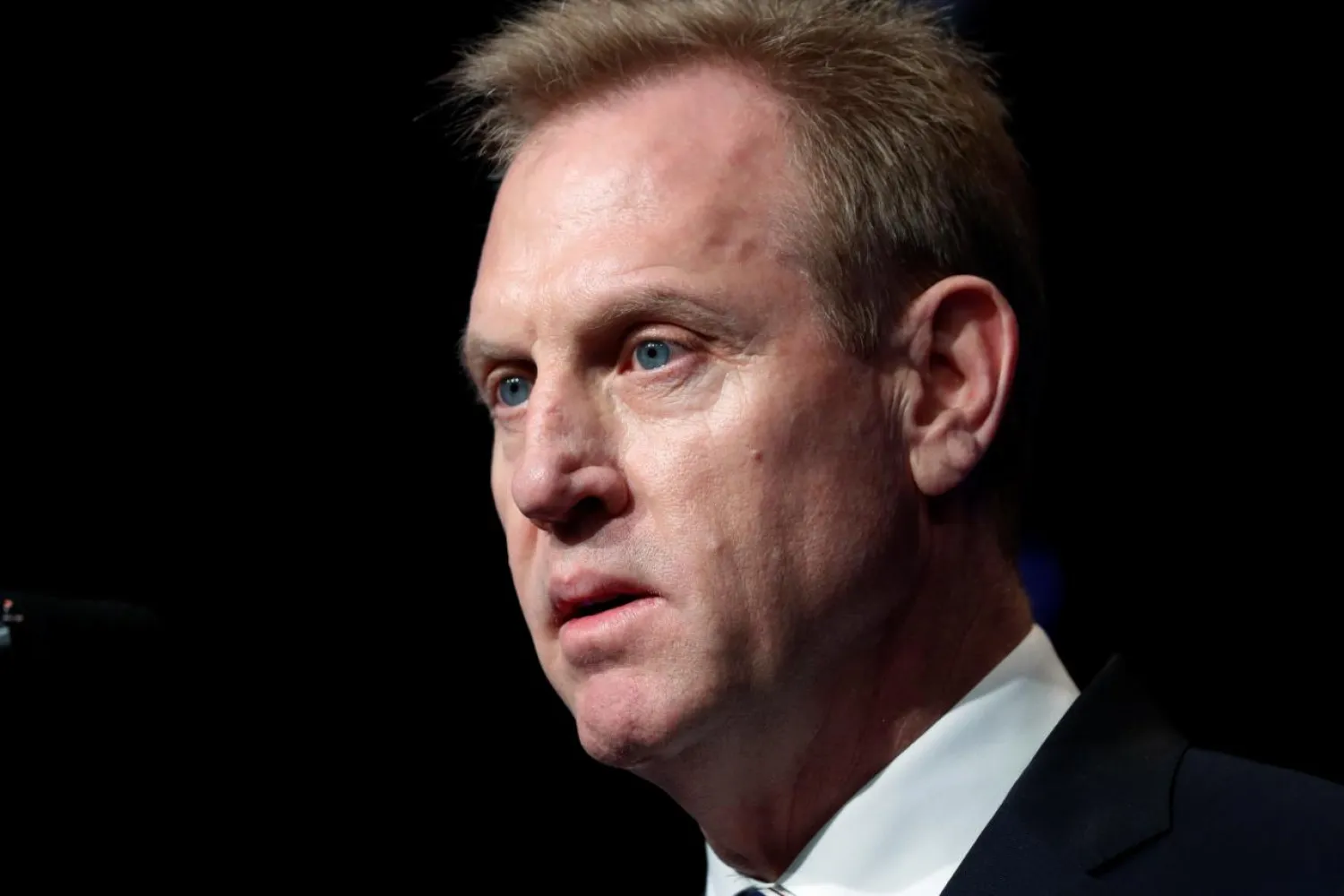The top Pentagon official said Friday he foresees growing the international coalition that has been combating ISIS in Iraq and Syria.
Pat Shanahan, the acting secretary of defense, made his comment at the conclusion of a meeting in Munich of key members of the US-led coalition.
Shanahan said that in Syria, ISIS has lost most of its leadership and resources — though he didn't say it's lost 100 percent of its territory.
ISIS militants are holed up in the last sliver of land in eastern Syria as US-backed Syrian Democratic Forces are closing in.
"While the time for US troops on the ground in northeast Syria winds down, the United States remains committed to our coalition's cause: the permanent defeat of ISIS, both in the Middle East and beyond," he stated.
He said the US would "maintain our counterterrorism capabilities in the region" and "continue to support our local partners' ability to stand up to the remnants of ISIS" -- but gave no details about how this would be done.
With the end of ISIS' rule imminent, American troops are set to withdraw from Syria's Kurdish-controlled areas.
US President Donald Trump in December announced the pullout of around 2,000 US troops, stunning allies including France and Britain who warned the fight against militants was not finished.
Shanahan said he envisions an "even bigger and stronger" coalition with a focus on broader threat posed by ISIS, including in Afghanistan and the Philippines.
He said there are currently 79 countries in the coalition.









